
Observed with Calls for Stronger Action to Combat Human Trafficking
Today, Nepal joins the international community in observing the World Day Against Trafficking in Persons, marked by a series of programs aimed at raising awareness and combating human trafficking. The day’s theme, ‘Reach every victim of trafficking, leave no one behind,’ underscores the urgent need to eliminate this heinous crime and strengthen support for survivors.
Trafficking in persons remains a grave violation of human rights, affecting thousands of men, women, and children both within countries and across borders. Virtually every nation is impacted, either as a country of origin, transit, or destination for victims. The United Nations defines trafficking in persons as the recruitment, transportation, transfer, harboring, or receipt of individuals through coercion, deception, or abuse of power for the purpose of exploitation, encompassing forced labor, sexual exploitation, slavery, and other forms of abuse.
This year’s observance highlights the escalating risks of trafficking due to global crises, conflicts, and the climate emergency. Displacement and socio-economic inequalities have left millions vulnerable to exploitation by traffickers, with those lacking legal status, living in poverty, facing discrimination, or belonging to marginalized communities being the primary targets.
Alarming statistics indicate a worldwide slowdown in the criminal justice response to trafficking, with detection rates falling by 11% in 2020 and convictions plummeting by 27%. The COVID-19 pandemic exacerbated the situation, driving trafficking further underground and making it harder for authorities to address the issue effectively.
As per the National Report of 2076 from the Ministry of Women, Children, and Senior Citizen, an increasing number of women and children from Nepal are being trafficked to various countries in Asia, the Arab region, Africa, Europe, and America. The expansion of human trafficking poses a serious challenge to preventing and controlling this crime, prompting stakeholders to call for stronger laws and measures to combat trafficking.
Socialist Meena Poudel emphasized the urgency of amending and framing laws that adequately address human trafficking, noting that the crime’s dimensions have expanded, and even men are becoming vulnerable to trafficking.
On this World Day Against Trafficking in Persons, Nepal and the international community renew their commitment to eradicate human trafficking, support survivors, and hold perpetrators accountable. The collective efforts of governments, law enforcement agencies, and stakeholders are crucial to ensuring that no victim is left behind in the fight against this modern-day slavery.
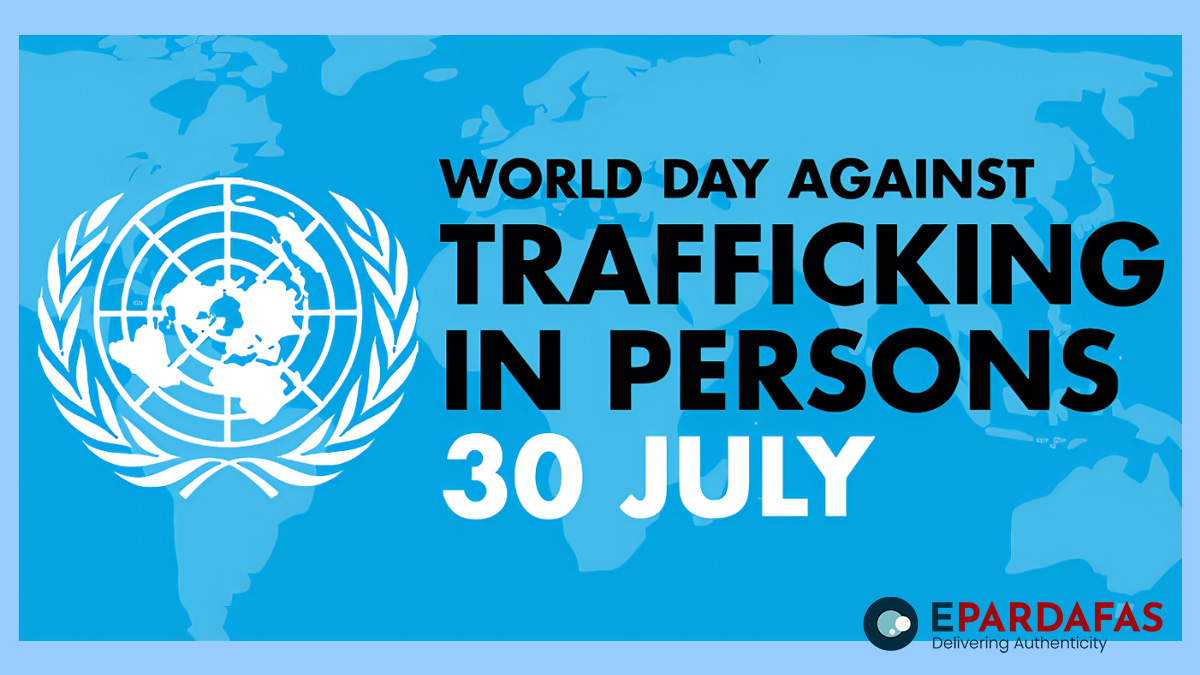


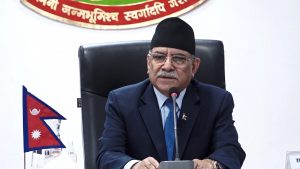
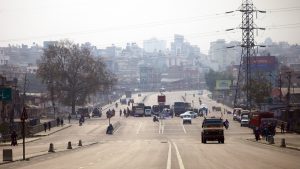
![Chaos Erupts in HoR; Physical Altercations Among MPs, Dhanraj Misbehaves with Oli [Photos]](https://english.pardafas.com/wp-content/uploads/2024/05/defd3-300x169.jpg)
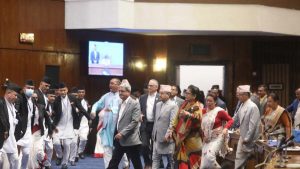
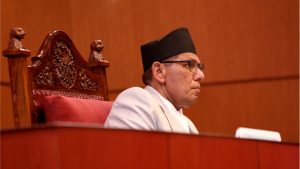
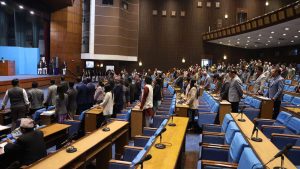






Comments